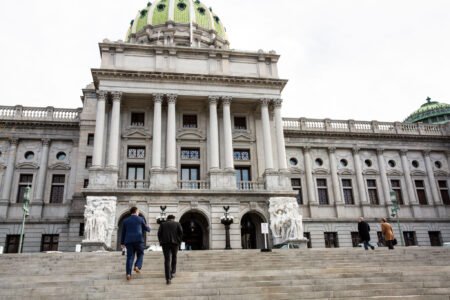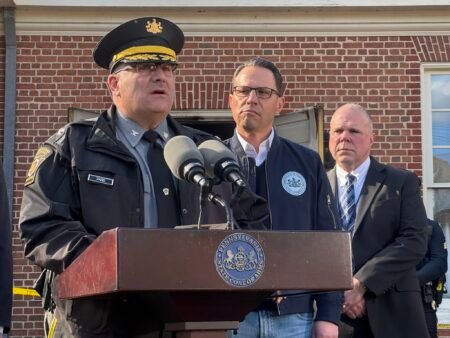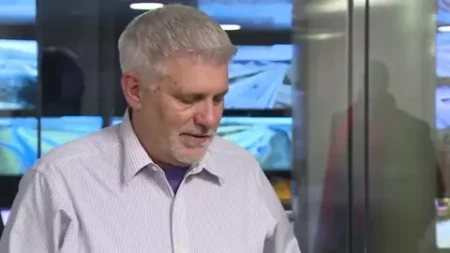More than 150 college and university leaders have issued a joint letter criticizing what they describe as “unprecedented government overreach and political interference” by the Trump administration. The letter, signed by prominent academic institutions such as Yale, MIT, Rutgers, and Princeton, argues that the administration’s actions are putting higher education at risk. This statement was released on Tuesday by the American Association of Colleges and Universities (AACU).
A Unified Stand Against Political Interference
The signatories of the letter represent a broad coalition of higher education leaders across the United States. According to the statement, these institutions have come together to voice their opposition to what they view as politically motivated actions that threaten the integrity of academic institutions.
“We speak with one voice,” the letter stated. “We are open to constructive reform and do not oppose legitimate government oversight, but we must oppose undue government intrusion in the lives of those who learn, live, and work on our campuses.” The letter emphasizes the importance of maintaining academic freedom and autonomy in the face of what they call politically driven policies.
The Core of the Disagreement
The joint statement does not identify specific policies but reflects broader concerns regarding the Trump administration’s approach to higher education. These concerns include issues related to federal funding, campus policies, and the influence of politics on curriculum and research. Many of the signatory schools have expressed worry about the potential for government policies to be shaped by political considerations, rather than academic and educational needs.
The Role of Government in Higher Education
While the letter makes clear that the college leaders are not opposed to legitimate government oversight, it stresses the importance of maintaining a balance between necessary regulation and academic independence. “Colleges and universities should be places where ideas can be freely exchanged and where students are encouraged to think critically about the world around them,” the letter continued.
Higher education institutions have long operated under the principle that academic freedom should not be compromised by external political pressures. Many of the signatories argue that political interference undermines this fundamental value, potentially leading to a chilling effect on free speech and research.
Support and Opposition to the Letter
The letter has received widespread support from academic leaders, students, and advocacy groups. However, critics of the joint statement argue that colleges and universities should be more receptive to government oversight, particularly in areas such as campus safety, student conduct, and the handling of federal grants.
Some Republican lawmakers have previously argued that colleges should be more accountable to the public, especially when taxpayer money is involved. This debate has intensified in recent years, as political leaders have raised concerns over issues such as free speech on college campuses and the political leanings of faculty members.
Looking Ahead
As the debate over government interference in higher education continues, experts anticipate further clashes between academic institutions and government officials. The controversy highlights a broader struggle over the role of government in regulating institutions of higher learning and shaping the future of education in America.
For now, the letter serves as a strong statement from over 150 colleges and universities, affirming their commitment to academic freedom and independence. The signatories hope that their collective voice will spark further discussion on the delicate balance between government oversight and the autonomy of academic institutions.
The joint letter from over 150 college and university leaders represents a significant stance against what they consider to be political interference by the Trump administration. As this story develops, it will be important to watch how both sides of the debate engage with the issue, and how it might shape policies affecting higher education in the future.







